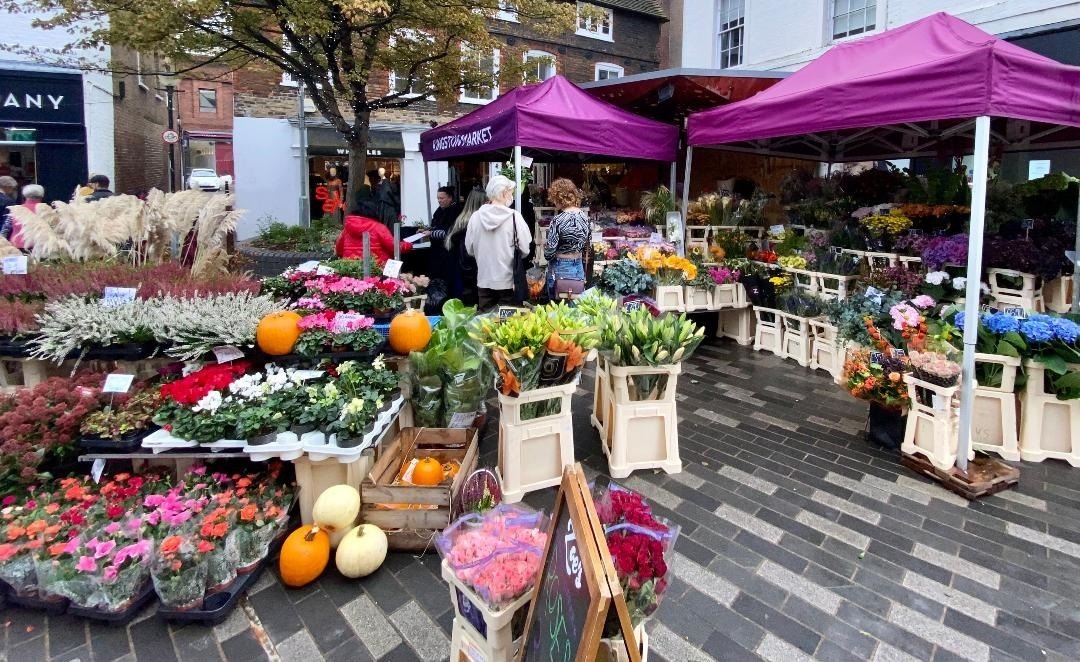Business is picking up for some small businesses in Kingston despite COVID and Brexit, though issues with staff and supply chains remain a headache for others.
Small businesses (SMEs) are the backbone of the UK and European economy. Statistics show they represent 99 per cent of all UK firms.
Britain’s break from the European Union has been a big overnight change in international business relations.
It has meant empty supermarket shelves, and fuel shortages because of panic over a lack of truck drivers.
However, Kingston seems to be doing better than some other towns.
Footfall figures from Springboard indicate that Kingston’s footfall is only down by 11 per cent compared to the same period in 2019, while it is 26 per cent for Greater London and 20 per cent across the rest of the UK.
Shareena Merzi, director of communications & corporate development at Kingston First, which represents and supports local businesses, said: “Kingston is faring better than London and UK. People are shopping and eating here.”
People coming into Kingston for shopping and new businesses to open is a promising sign of possible recovery from the hardships of recent months.
Merzi said: “Since April 2021, 21 new businesses have opened in Kingston. Business are coming into town because they see Kingston is a thriving town centre and recognise the potential it has.”
Kingston also has fewer vacant ground floor units available with a rate of nine per cent compared to 11 per cent for the UK, according to Merzi.
Niki Cochrane from Zoe’s flower stall in Kingston said: “We get our flowers from Holland and the prices have gone up. But things are picking up now, we are busy, especially with weddings and parties. You have to keep going, do your best.”
As some business owners rally, others are worried about the repercussions of Brexit. Surrey University’s Centre for Britain and Europe said that major factors concerning SMEs were uncertainty regarding regulatory change, increased import costs and access to EU markets.
Andrezej Zielenska, a Polish builder from Kingston, said: “We can’t get materials from abroad, delivery time is too long, costs are too high. Our van, which is at the heart of our business, is broken and we can’t get it fixed because the parts are foreign.”
Merzi said Kingston First had heard of issues with stock costs, supply chains and trouble recruiting staff, but thought there were also real signs of improvement.
“There are positive green shoots,” she said. “People are coming into the town centre, enjoying their freedom, but it will be a bumpy road for many businesses particularly as COVID infections are rising which may affect people’s shopping habits and whether they come into the town centre.”





